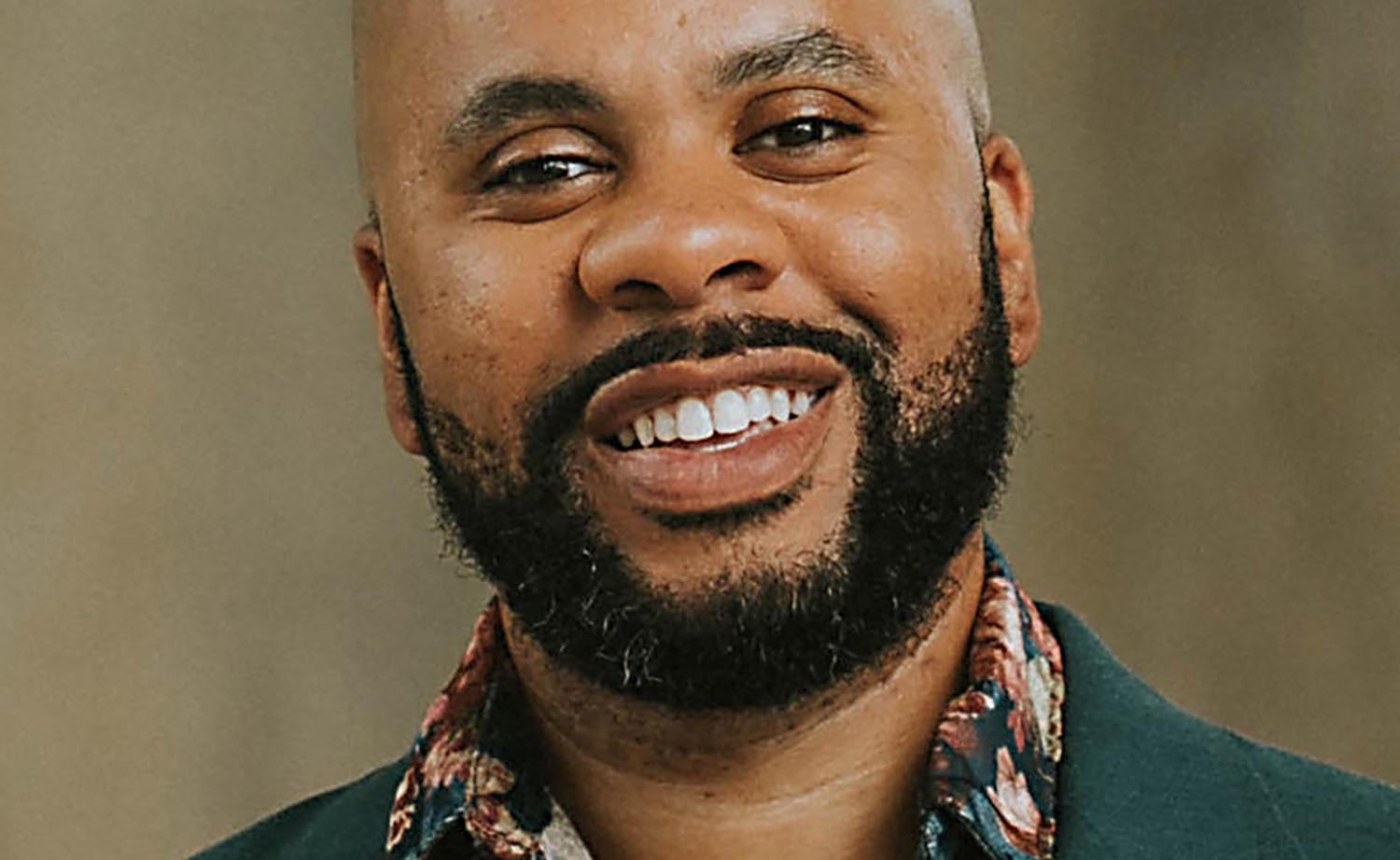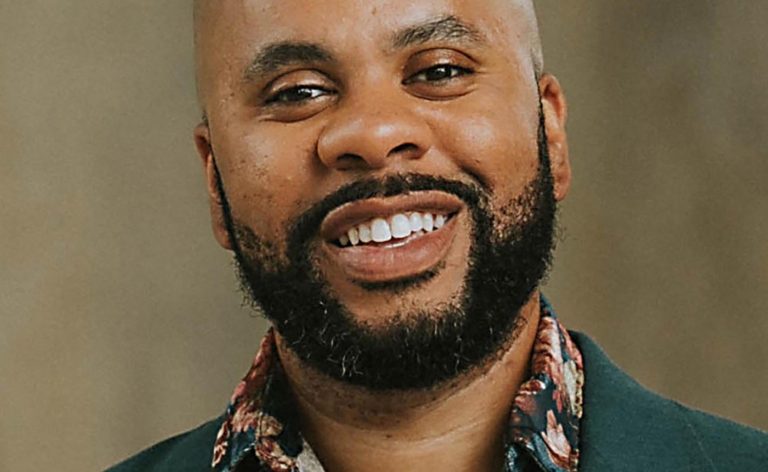Dear Eric: I am a gay male and have been with my husband for many years now, married six of them.
Related Articles
Asking Eric: When my toxic boyfriend was all I could talk about
Asking Eric: I’m afraid our kids will suffer from my husband’s odd rule about guests
Asking Eric: My sister casually said I might never see her again
Asking Eric: I’m upset that my brother kept our cancer risk a secret
Asking Eric: That letter was about me, the beastly wife
Every time an issue comes up, whether it’s the landlord knocking on the door or someone else, he comes running to me to deal with it and I am fed up with it. I deal with paying all the bills each month.
I work full time just like my husband, and I have told him numerous times to be a man and start dealing with it, as I want a husband, not a wife. But he doesn’t listen.
It’s exhausting. What can I do?
– Tired Husband
Dear Husband: Let’s first unpack the phrase “I want a husband, not a wife.”
I’m not trying to attack you; I just want to point something out that will, hopefully, help you.
In the way that you used it, the phrase has sexist connotations because it strongly suggests that a woman in a marriage is helpless or needy or any of the negative traits you’re seeing in your husband. That’s not true. Anybody can be overly dependent on a partner, and anybody can step up.
This is a great example of how sexism hurts everyone. Even though there isn’t a woman in your relationship, stereotypes about gender and gender roles are preventing both of you from figuring out what’s not working.
Telling him to “be a man” is not getting the point across, so see if other ways of explaining the problem work better.
Try telling him, “I feel overburdened; I need you to step up for me” or “I feel like I’m doing too much of the work around the house and I need some support” can open up a conversation in a new way.
What this takes is vulnerability. And that can be hard.
The upside is that your husband sees you as a stable force who can solve any problem. But it sounds like you don’t want to have to solve every problem. It’s easy to get stuck in grooves, even as we change or our needs change.
There’s a card game called Fair Play that has helped many couples redistribute household tasks and hear each other’s requests without defensiveness. Try it out at a time when neither of you is feeling fed up, and see if it helps you clear the air.
Dear Eric: I think you were too kind to the woman who said she was “unusually hurt” because her spouse binge-streamed a series while she slept, and “truly hurt” even after he apologized (“Tuned Out”).
You could have told her to save her letter, re-read it in 10 years, and if she laughs at her long-ago hurt, it means she has gained some perspective.
If, 10 years on, she still thinks she was right, I’d bet that it would be long after the divorce.
– Hindsight
Dear Hindsight: A lot of problems look different with time, space and new context. My hope is that a lot of people who write to the column will re-read their letters in 10 years and feel differently.
But this was a young couple who don’t yet have the benefit of time to help them right-size their disagreements. With every letter, I want to meet them where they are so they can get to the next place.
Dear Eric: This is regarding “Concerned for the Future,” the mother concerned for the financial well-being of her mentally and physically disabled son after her death.
There are now federal accounts available, similar to 529 plans, for such individuals. An ABLE plan (Achieving Better Life Experience) allows mom or anyone to donate up to $18,000 a year to this plan.
He can access this account with a debit card for medical and personal living expenses. Any plan balance under $100,000 does not affect Supplemental Security Income, and under $235,000 to $596,925 (depending on the state) does not affect Social Security, SDI or federal housing benefits.
A Special Needs Trust can be set up by mom to be funded now or at her death that will fund the ABLE plan annually for the lifetime of the son and give him independence and financial stability.
– Parent of a Disabled Adult
Related Articles
Harriette Cole: I work from home, and my TV addiction is a problem
Miss Manners: My husband implied my question to our guests was crude
Dear Abby: My daughter won’t return my calls. Should I try harder?
3 must-knows about employee stock options
Jill On Money: Financial resolutions for 2025
Dear Parent: Thank you for this insight. A few readers wrote in about ABLE plans as an option available to the letter writer.
I hope she’ll research what’s available in her state and discuss this path with an estate lawyer, financial adviser or other qualified professional with knowledge of her situation.
The ABLE Plan National Resource Center, managed by the National Disability Institute, also has a wealth of information. One of the things I liked most about the site is the ability to review fees, FDIC-insured statuses and other factors for each plan.
Send questions to R. Eric Thomas at eric@askingeric.com or P.O. Box 22474, Philadelphia, PA 19110. Follow him on Instagram @oureric and sign up for his weekly newsletter at rericthomas.com.












